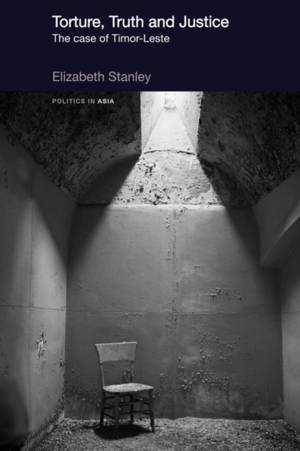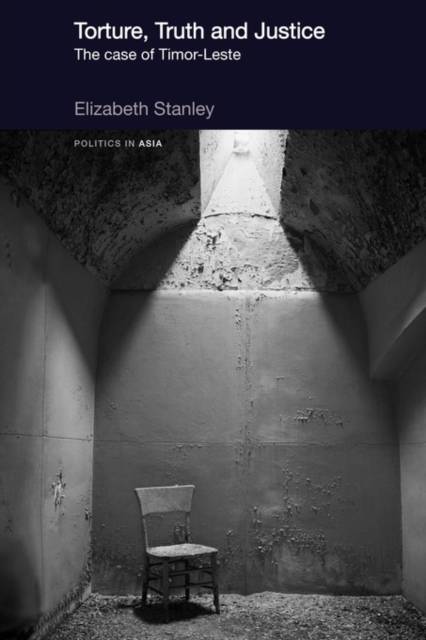
- Retrait gratuit dans votre magasin Club
- 7.000.000 titres dans notre catalogue
- Payer en toute sécurité
- Toujours un magasin près de chez vous
- Retrait gratuit dans votre magasin Club
- 7.000.0000 titres dans notre catalogue
- Payer en toute sécurité
- Toujours un magasin près de chez vous
Description
This book highlights how, and why, torture is such a compelling tool for states and other powerful actors. While torture has a short-term use value for perpetrators, it also creates a devastating legacy for victims, their families and communities. In exposing such repercussions, this book addresses the questions 'What might torture victims need to move forward from their violation?' and 'How can official responses provide truth or justice for torture victims?'
Building on observations, documentary analysis and over seventy interviews with both torture victims and transitional justice workers this book explores how torture was used, suffered and resisted in Timor-Leste. The author investigates the extent to which transitional justice institutions have provided justice for torture victims; illustrating how truth commissions and international courts operate together and reflecting on their successes and weaknesses with reference to wider social, political and economic conditions. Stanley also details victims' experiences of torture and highlights how they experience life in the newly built state of Timor-Leste
Tracking the past, present and future of human rights, truth and justice for victims in Timor-Leste, Torture, Truth and Justice will be of interest to students, professionals and scholars of Asian studies, International Studies, Human Rights and Social Policy.
Spécifications
Parties prenantes
- Auteur(s) :
- Editeur:
Contenu
- Nombre de pages :
- 208
- Langue:
- Anglais
- Collection :
Caractéristiques
- EAN:
- 9780415666732
- Date de parution :
- 15-04-11
- Format:
- Livre broché
- Format numérique:
- Trade paperback (VS)
- Dimensions :
- 156 mm x 234 mm
- Poids :
- 335 g

Les avis
Nous publions uniquement les avis qui respectent les conditions requises. Consultez nos conditions pour les avis.






